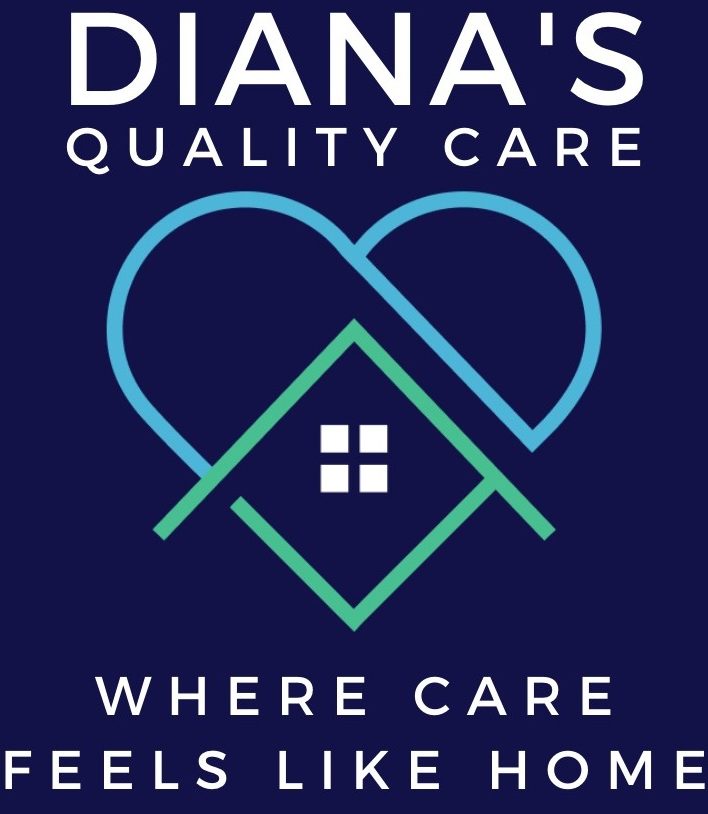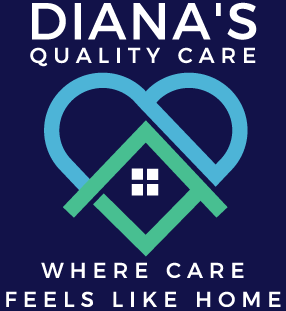Legal and Regulatory Framework
- HOME
- Legal and Regulatory Framework
Legal and Regulatory Framework
The Health and Social Care Act 2008 (Regulated Activities) Regulations 2014:
This legislation sets out the fundamental standards of quality and safety that care providers, including all care sectors, must meet. It covers various aspects of care provision, including person-centered care, dignity and respect, safeguarding from abuse, harm and neglect.
The Care Quality Commission (Registration) Regulations 2009:
These regulations stipulate the requirements for the registration of care homes and the domiciliary care provider with the CQC. Care homes and domiciliary care providers must register with the CQC and demonstrate compliance with the essential standards of quality of care and health and safety to operate legally.
The Care Act 2014:
The Care Act 2014 provides the legal framework for adult social care in England. It outlines the responsibilities of local authorities, care providers, and other stakeholders in delivering high-quality care and support to individuals. The Act emphasizes the promotion of well-being, prevention, and integration of care services.
The Mental Capacity Act 2005:
This legislation applies across the UK and provides a legal framework for making decisions on behalf of individuals who may lack the capacity to make decisions for themselves. All care sectors must comply with the provisions of this act when providing care and support to residents who may lack capacity.
The Regulation and Inspection of Social Care (Wales) Act 2016:
In Wales, care homes are regulated under this act, which aims to ensure the safety, well-being, and rights of individuals receiving social care services. It sets out the regulatory framework for the inspection and regulation of care homes by the Care Inspectorate Wales (CIW).
The Health and Social Care (Quality and Safety) Act 2015 (Scotland):
In Scotland, care homes are governed by this act, which aims to improve the quality and safety of health and social care services. It establishes the principles of person-centered care, accountability, and transparency in service delivery.
CQC Guidance and Frameworks:
The CQC provides guidance, frameworks, and inspection criteria to help care sectors understand and comply with regulatory requirements. This includes guidance on topics such as infection control, medication management, and end-of-life care.
Adhering to these legislation, regulations, and standards ensures that care sectors provide high-quality, safe, and person-centered care to individuals while demonstrating compliance with regulatory requirements set forth by the CQC and other relevant authorities.

